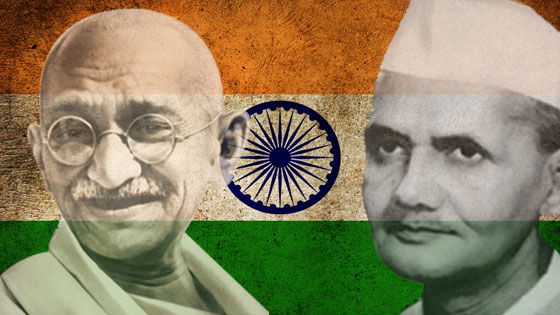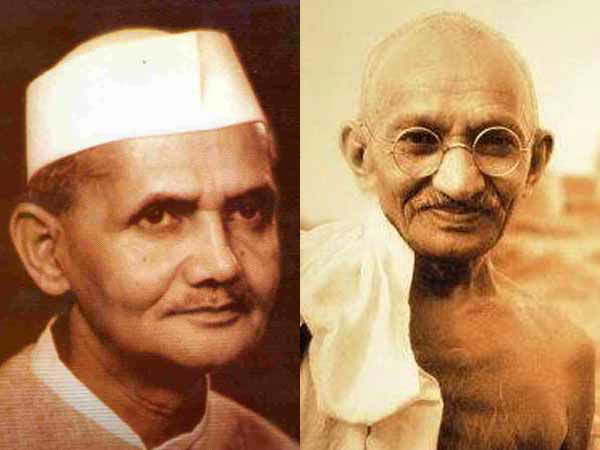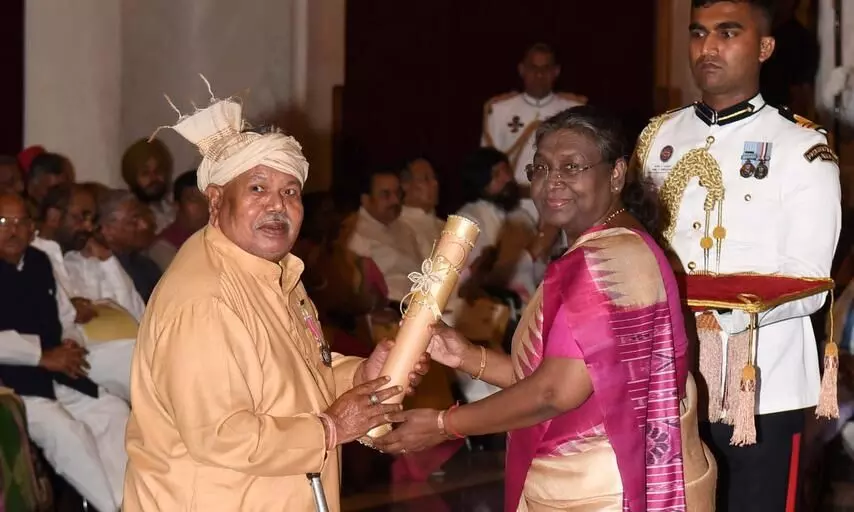Lal Bahadur Shastri and Mahatma Gandhi shared a strong ideological and philosophical connection as they were both deeply influenced by the principles of truth, non-violence, and selfless service. While they came from different backgrounds and belonged to different generations, their commitment to India’s freedom struggle and their shared values forged a deep connection between them. Here are some aspects of their relationship:

- Influence of Gandhi on Shastri: Like many leaders of his time, Lal Bahadur Shastri was profoundly influenced by Mahatma Gandhi’s teachings and principles. He was deeply inspired by Gandhi’s philosophy of non-violence (Ahimsa) and his dedication to social justice.
- Participation in the Freedom Struggle: Both Shastri and Gandhi actively participated in the Indian freedom struggle. Shastri joined the non-cooperation movement launched by Gandhi in 1921 when he was just 17 years old. He played a role in organizing protests and demonstrations against British colonial rule.
- Commitment to Simplicity: Both leaders shared a commitment to a simple and austere way of life. Gandhi’s personal example of leading a simple life had a profound impact on Shastri, who was known for his modest lifestyle, honesty, and integrity.
- Advocacy of Swadeshi: Gandhi’s advocacy of Swadeshi, or the promotion of indigenous products and self-reliance, strongly resonated with Lal Bahadur Shastri. Shastri continued to promote the Swadeshi movement and encouraged the use of Khadi (handspun and handwoven cloth).
- Jai Jawan, Jai Kisan: During his tenure as Prime Minister, Lal Bahadur Shastri coined the famous slogan “Jai Jawan, Jai Kisan” (Hail the Soldier, Hail the Farmer). This slogan reflected the essence of both leaders’ ideals, emphasizing the importance of the soldier’s sacrifice and the farmer’s hard work for the nation.
- Shared Vision for Independent India: Both Shastri and Gandhi envisioned an independent India that would be founded on the principles of justice, equality, and non-violence. They believed in building a nation where every individual had a dignified life.
- Respect and Admiration: Lal Bahadur Shastri held Mahatma Gandhi in high regard and spoke of him with great respect and admiration. He often referred to Gandhi as the “Father of the Nation” and acknowledged the profound impact Gandhi had on his life and values.
In summary, Lal Bahadur Shastri and Mahatma Gandhi had a deep and shared commitment to India’s freedom struggle, the principles of non-violence, simplicity, and social justice. While they came from different generations, their shared values and dedication to these ideals connected them in the fight for India’s independence and its post-independence progress.









